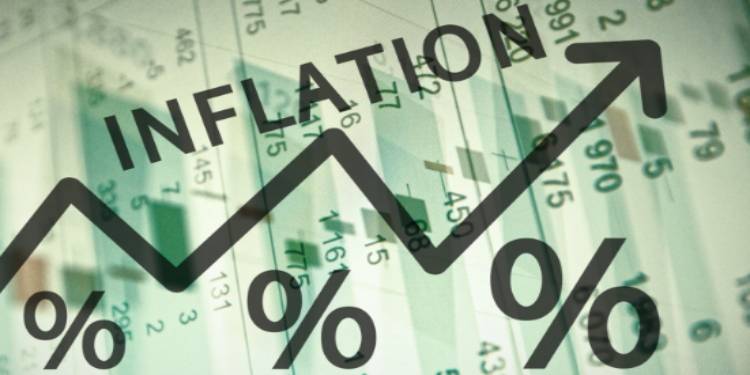
The International Monetary Fund (IMF) has reduced Pakistan's real GDP growth rate prediction for the current fiscal year from 2% to 0.5% as the economic situation remained dire.
The IMF predicted that the country's GDP growth rate would be 3.5% in the fiscal year 2024 in its most recent World Economic Outlook (WEO) report, which was released on Tuesday. The lender had revised the growth forecast from 3.5% to 2% in its most recent report, which was released in January.
According to the IMF report, consumer price index (CPI) inflation would be approximately 27.1% in FY23 and 21.9% in FY24.
In the meantime, it was anticipated that the current account deficit (CAD) would total 2.3% in FY23 and 2.4% in FY24.
After the World Bank and Asian Development Bank revised their estimates of Pakistan's growth rate downward to 0.4% and 0.6%, respectively, the IMF also downgraded the country.
The economy of the country has been battling to recover, with inflation at a level not seen in decades and a number of businesses ceasing operations or cutting back on activities in response to the economic climate. The uncertainty scenario is made worse by the IMF's delayed release of an economic bailout.
It is pertinent to mention here that, despite economic and geopolitical worries, the international lender downgraded its estimate for the world economy and stated that the majority of countries would escape a recession this year.
The IMF revised its global economic growth projections by 0.1% from January to 2.8% this year and 3% in 2024.
According to IMF Chief Economist Pierre-Olivier Gourinchas, "The global economy is recovering from the shocks of the last few years, particularly of course the pandemic, but also the Russian invasion of Ukraine."
The World Bank and IMF's top executives intend to utilize this year's spring meetings to advance a comprehensive reform and funding agenda.
The IMF predicted that the country's GDP growth rate would be 3.5% in the fiscal year 2024 in its most recent World Economic Outlook (WEO) report, which was released on Tuesday. The lender had revised the growth forecast from 3.5% to 2% in its most recent report, which was released in January.
According to the IMF report, consumer price index (CPI) inflation would be approximately 27.1% in FY23 and 21.9% in FY24.
In the meantime, it was anticipated that the current account deficit (CAD) would total 2.3% in FY23 and 2.4% in FY24.
After the World Bank and Asian Development Bank revised their estimates of Pakistan's growth rate downward to 0.4% and 0.6%, respectively, the IMF also downgraded the country.
The economy of the country has been battling to recover, with inflation at a level not seen in decades and a number of businesses ceasing operations or cutting back on activities in response to the economic climate. The uncertainty scenario is made worse by the IMF's delayed release of an economic bailout.
It is pertinent to mention here that, despite economic and geopolitical worries, the international lender downgraded its estimate for the world economy and stated that the majority of countries would escape a recession this year.
The IMF revised its global economic growth projections by 0.1% from January to 2.8% this year and 3% in 2024.
According to IMF Chief Economist Pierre-Olivier Gourinchas, "The global economy is recovering from the shocks of the last few years, particularly of course the pandemic, but also the Russian invasion of Ukraine."
The World Bank and IMF's top executives intend to utilize this year's spring meetings to advance a comprehensive reform and funding agenda.

